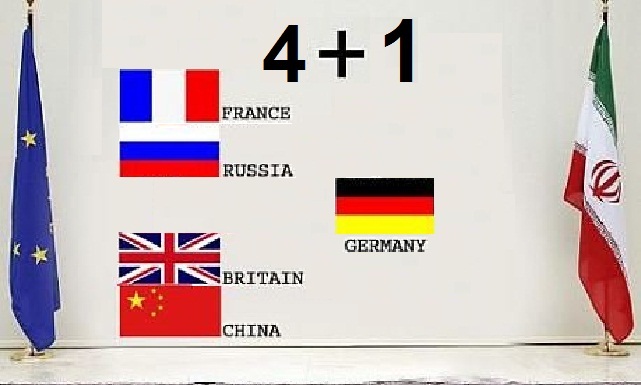Dialog still best option three years after JCPOA
 TEHRAN(Defapress)-Under the agreement which Tehran signed with Beijing, Paris, Berlin, Moscow, London, Washington and the European Union in Austria’s capital, Vienna, on July 14, 2015, Iran agreed to restrict its peaceful nuclear program in return for the complete removal of Western sanctions.
TEHRAN(Defapress)-Under the agreement which Tehran signed with Beijing, Paris, Berlin, Moscow, London, Washington and the European Union in Austria’s capital, Vienna, on July 14, 2015, Iran agreed to restrict its peaceful nuclear program in return for the complete removal of Western sanctions.
This comes as the other parties’ resistance against Washington’s pressures to ditch the deal and insistence upon preserving the important multilateral agreement confirms that Iran’s moderate approach has been given approval by the international community.
This approach pivots on resolving issues through dialogue instead of contention.
Hardly anyone would doubt or disagree with the fact that Iranian President Hassan Rouhani’s insistence on adopting such a diplomatic approach led to the resumption of serious nuclear negotiations between Iran and the world powers during the tenure of the 11th administration and, thus, helped remove the shadow of war from Iranian borders as well as removing Western sanctions imposed on the country.
The Rouhani administration’s diplomatic approach also indicated that policies and negotiations which, in nature, seek to create a win-win situation, help undermine efforts aimed at trans-regional warmongering as well as spreading regional Iranophobia. Iran’s employment of this approach has also prevented the enemies’ pessimism and scaremongering against the country to slow its progress towards advancement and development.
Thus, as a result of using such approaches, at a time when US officials are turning a blind eye to, deriding and disrespecting the outcomes of any collective and diplomatic approach and international agreement, such as the JCPOA, by withdrawing from them, by fulfilling its international commitments and holding dialogues to resolve US-caused conflicts, Iran is showing the world that it is not after creating tensions.
This, per se, has persuaded the international community and, particularly, age-old partners of the US to stand by Iran and welcome the country’s diplomatic envoys in any part of the world.
Although US noncooperation with the international community, involving their withdrawal from the JCPOA and efforts to isolate Iran, has made international circumstances difficult for Iran to reap the benefits of the deal, Tehran’s moderate and dialogue-based approach is, at present, foiling Washington’s anti-Iran plots.
Iran has proved that it seeks to safeguard its interests through interaction with the international community, practicing moderation, promoting peace and using rationality, instead of uttering threats against the entire world.
If Iran continues its present diplomatic approach based on dialogue, Iran and the major players will, in the present tough situation, be able to first arrive at a mutual and correct understanding of the issue, as has been the case so far, and prevent the continuation of the US pursuit of anti-Iran objectives and the formation of another global consensus against Tehran.
By signing and implementing the JCPOA and abiding by the terms of the deal, Iran has shown that it is not looking for adventures. In addition, the country’s continuation of adopting moderate policies and diplomatic approaches in its foreign relations in the aftermath of Washington’s withdrawal from the JCPOA has proved that even Donald Trump’s unilateral move has failed to stop the Middle Eastern state from pursuing its dialogue-based diplomacy.
Hopefully, holding dialogue and using diplomatic approaches will gradually become the sole solution for resolving international crises and conflicts, thus, progressively reducing the harmful consequences of some countries’ efforts to meet their excessive demands.
The JCPOA went into effect in January 2016, as a result of which UN-approved sanctions were lifted and Tehran was allowed to resume trading oil and gas on the international market. A total of $100 billion in frozen Iranian assets were also released.
As an original signatory to the deal, the US – under then-president Barack Obama – also pledged to waive secondary American sanctions as long as Iran continued to abide by the agreement. That allowed Iran to earn an estimated $41 billion in oil revenues in the 2016 fiscal year ending in March 2017, and $50 billion more the following fiscal year that ended in March 2018.
According to the UN nuclear monitoring agency’s latest report, dated May 24, 2018, Iran continues to abide by the rules set in the multilateral agreement.
- Fereydoon Majlesi is an expert on international affairs.
message end/
